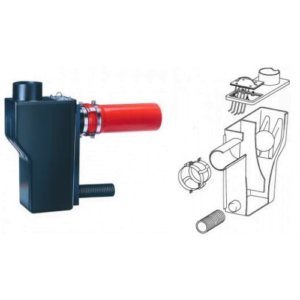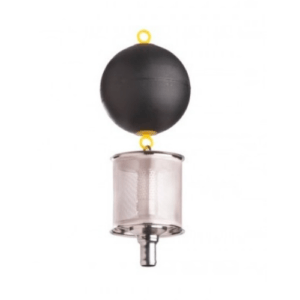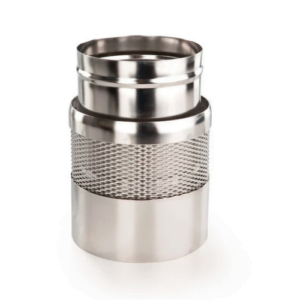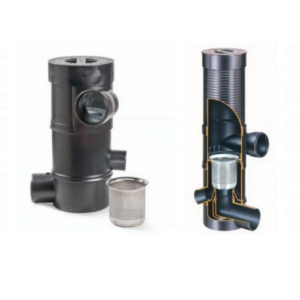Rainwater Harvesting consultant in Bangalore
Leading Rain water harvesting system consultant, expert and integrator in Bangalore. weoffer rain water harvesing system at affordable cost to our customers. We provide following rainwater harvesting services.
Rain water harvesting refers to a process where the rain water that runs off from rooftops or roads or open areas is collected and stored in an underground system or recharged into ground water for future use. It reduces the chances of flooding, increases ground water supply and improves the quality of ground water. In Bangalore, on average, every acre of land is estimated to get about 3.6 million litres of rain annually. If even a third of this water is harvested, the city’s flooding problems would be significantly solved. At WaterSense we provide the best solutions for Rain water harvesting systems in Bangalore. We provide a variety of services and systems spanning across different industries and at an affordable price.
Locations of WaterSense RWH installation:
- Individual homes
- Schools/ Colleges
- Clubs
- Hospitals
- Industries
- Apartments
Rain water harvesting system in Apartments, industries and commercial places
Farmland rain water harvesting
Rainwater harvesting using various methods including filter, pit with metals
Roof top rainwater harvesting
Process of set up:
- WaterSense rainwater harvesting system is fairly simple to set up but requires some basic knowledge about hydrology and architecture. Professionals can be approached to guide a person about the right harvesting system that will provide maximum benefit to the installer.
- In Bangalore, unless Rooftop maintenance is extremely difficult, a direct storage for RWH can be set up with hardly any disruptions to the existing building structures and no major re-roofing will be required.
- Components of rain water harvesting system:
- Catchment- Used to collect and store the captured Rainwater.
- Conveyance system – It is used to transport the harvested water from the catchment to the recharge zone.
- Flush- It is used to flush out the first spell of rain.
- Filter – Used for filtering the collected Rainwater and remove pollutants.
- Tanks and the recharge structures: Used to store the filtered water which is ready to use.
Advantages of WaterSense rain water harvesting:
- Less cost.
- Reduces the need for imported water.
- Promotes both water and energy conservation.
- Does not require a filtration system for landscape irrigation.
- This technology is relatively simple, easy to install and operate.
- It reduces soil erosion, storm water runoff, flooding, and pollution of surface water.
- It is an excellent source of water for landscape irrigation with no chemicals and dissolved salts and free from all minerals.
WaterSense is one of the leading manufacturers of rainwater harvesting systems in Bangalore and we strive to provide our customers with the best experience possible. Saving water is one of the most important aspects of this days life as we look into a doubtful future of drought and water difficulty, rainwater harvesting equipment set up at your home will pave a way to save future generations and generations to come.

Domicile rainwater harvesting
Rainwater harvesting is emerging as an intelligent option for water supply in residential applications. A home integrated with a rainwater harvesting system offers much to gain without sacrifice. The engineered system combines natural processes and high technology to collect, store, and use the very best water. Rainwater harvesting provides many benefits to be enjoyed personally at home. And also that will satisfy your basic needs.
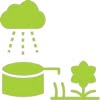
Commercial rainwater harvesting
Office buildings, shopping centers, apartment buildings, and other commercial properties can reap substantial benefits from rainwater harvesting. Collection and reuse eliminate periodic demand stress on public water sources. Using harvested rainwater can reduce water bills in some areas and may be eligible for tax incentives

Landscape Irrigation
Collecting rainwater provides a new resource, a clean source of water for landscape irrigation. Rainwater is naturally designed to water plants and it can easily be used for your indoor and outdoor gardens. Harvesting rainwater can reduce the use of drinking water for landscape irrigation. It is also an effective water conservation tool and proves more beneficial when coupled with the use of native, low-water-use, and desert-adapted plants. You can also attach any rainwater storage tanks directly to an automatic irrigation system.

Rain filtration
A basic rainwater collection system catches rainwater from your roof or other surface and channels it into a container for storage. It's to ensure that it is kept in the best possible condition, to avoid degradation of biological material, development of odors, microorganisms, pollutants, and debris

Water Standard
Rainwater contains calcium, magnesium, iron, and fluoride in appropriate concentrations that are considered very essential for health. Although most essential nutrients are derived from food, the lack of minerals, including calcium and magnesium, in rainwater may represent a concern for those on a mineral-deficient diet.

Service Assistance
Our sophisticated professionals will take care of the routine maintenance of the products. Proper operation and maintenance of rainwater harvesting systems help to protect water quality in several ways. Regular overhaul and cleaning of the catchment, gutters, filters, and tanks reduce the likelihood of contamination.
Are there various types of rain water harvesting systems?
A: Yes, there are 6 main types of rain water harvesting systems namely, Rooftop rainwater harvesting, Surface runoff harvesting, First and flush, Transportation, Catchment, Filter.
What is the importance of rain water harvesting?
A: It helps battle water scarcity and helps in preserving water for future needs.
How do I identify the type of rain water harvesting system that is right for me?
A: You can evaluate the structure of the building and compare it with your harvesting goals and needs. It is best to take professional advice from consultants who can help you decide the right kind of system based on your goals and building structure.
What are the factors that affect the amount of rain water harvested?
A: Catchment features, quantity of runoff and the capacity of storage tanks are the main factors that affect the quantity of harvested water.
Tags: Rainwater harvesting in Bangalore, Karnataka, Rainwater harvesting manufacturer and experts in India

